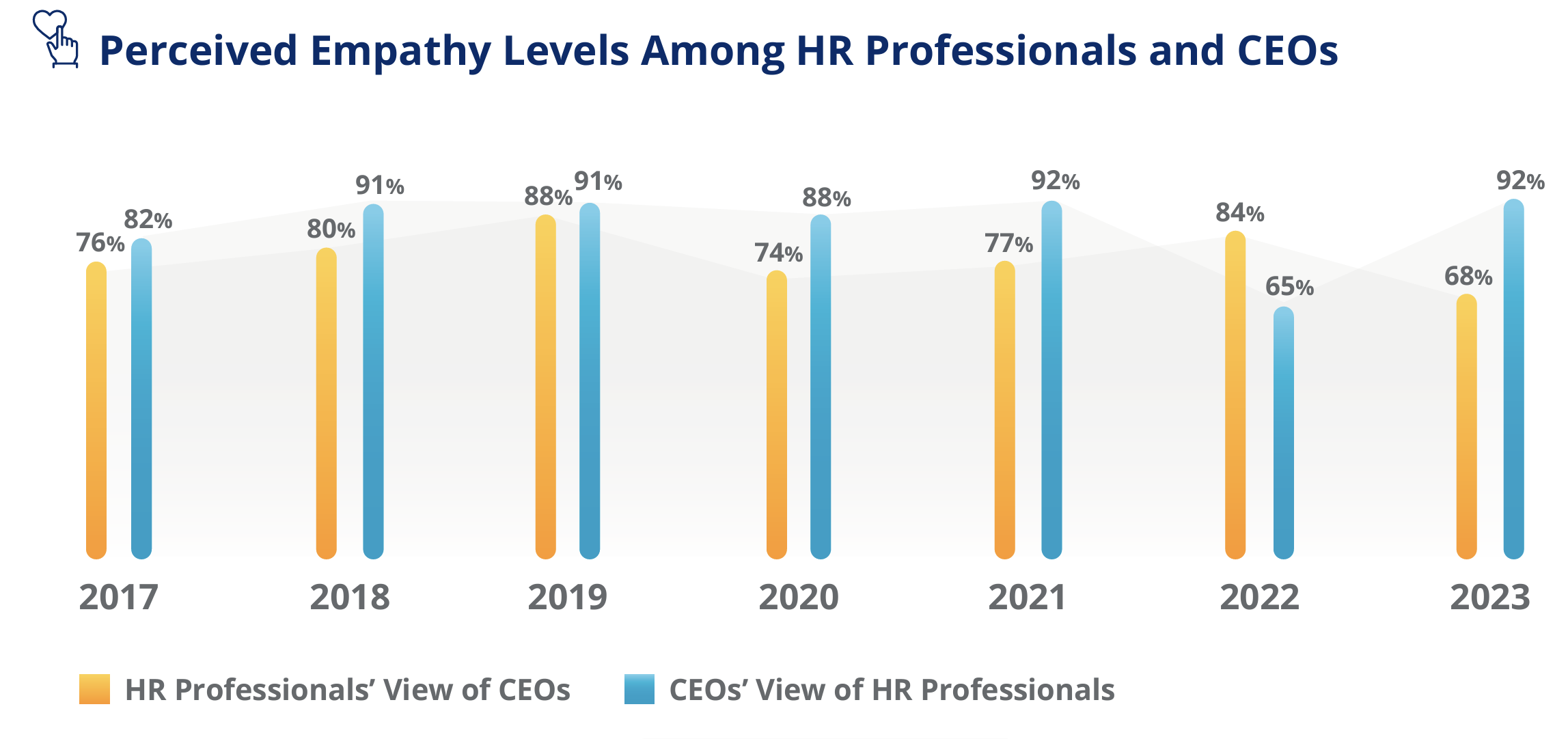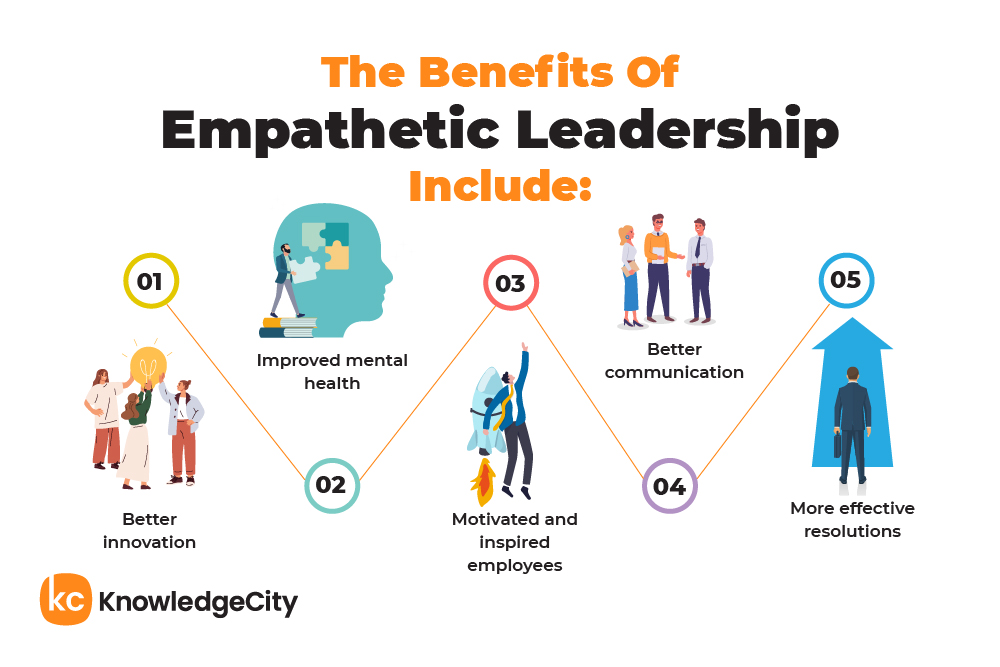Empathy in Leadership: Creating Value Through Understanding
Tim Cook, CEO of Apple, delivered a clear message in his 2017 commencement address at MIT: “People will try to convince you that you should keep empathy out of your career. Don’t accept this false premise.”

image: prevuehr
I couldn’t agree more with Cook. In fact, 20% of companies in the U.S. already offer empathy training for managers, and in a recent survey of 150 CEOs, over 80% acknowledged empathy as key to success.
Empathy plays a crucial role in promoting a healthy organizational culture. Empathetic workplaces tend to enjoy greater collaboration, less stress, and increased interaction among employees. However, despite efforts, many leaders still struggle to make empathy a genuine part of the organizational culture. Often, there is a significant gap between the culture executives desire and the actual culture within the company.
Imagine a company where the culture is defined by aggression and extreme competitiveness. The CEO, recognizing the need for change, might hastily introduce empathy as a new core corporate value. However, this abrupt change can create a gap between the organization’s ideals and its current social norms. When norms and ideals conflict, people tend to follow the prevailing behavior rather than what leadership imposes. Empathy cannot be mandated solely to achieve objectives; it must be intrinsically tied to our values and purpose.

image: State of Workplace Empathy
Additionally, there is an inherent subjectivity in perceiving levels of empathy across different roles. According to the “State of Workplace Empathy 2023” study, HR professionals perceive a 68% level of empathy from CEOs. This could indicate that these leaders are seen as less empathetic or less committed to understanding and meeting employee needs.
Conversely, a 92% empathy perception from CEOs towards HR professionals suggests that these leaders recognize and value the importance of employees’ work and well-being. This disparity in perception highlights an area for improvement for CEOs, emphasizing the need for more empathetic communication and a more people-centered approach to ensure a positive and productive work environment.
Benefits of empathetic leadership
Empathy is the ability to share and understand another person’s feelings, to put oneself in another’s place, comprehending and sharing their emotions, perspectives, and experiences without judgment or prejudice, demonstrating compassion, understanding, and genuine support. It is a way for one person to connect with another on a basic human level.
In a professional environment, this means being able to step away from the typical pressures and tasks of the workday and making an effort to understand why another person feels a certain way. By understanding these emotions and perspectives, leaders can better grasp their employees’ motivations.
Michael Kurland, CEO of Branded Group, stated in an article for Forbes, “Managers and leaders who wish to retain talent and avoid employee turnover must learn a new skill: empathy. People today want to be seen, heard, and understood. They want to be valued for their contributions, talents, and humanity. They want to be seen as whole individuals, not just as parts of someone completing a task.”
So, what are the benefits for employees of empathetic leadership? Here are a few:
- Motivation and Inspiration: Greater connection and relationship between leader and employees increase the likelihood of inspiring and developing them.
- Better Mental Health: Demonstrating empathy creates a safer and more supportive work environment for employees’ needs.
- Improved Innovation: Fosters creativity and innovation, aiding inclusion and making everyone more comfortable sharing ideas.
- Better Communication: Employees feel more valued, understood, and heard, expressing their thoughts more and increasing trust levels between leader and team.
- More Effective Decisions: Leading with empathy helps resolve conflicts more effectively and efficiently, strengthening relationships instead of fracturing them.

Empathy is not just a business tool or a valuable skill; it is the essential foundation for a world where understanding, mutual support, and collaboration are the driving forces of a truly connected and human society.
Article by Sérgio Almeida, in partnership with Vida Económica




